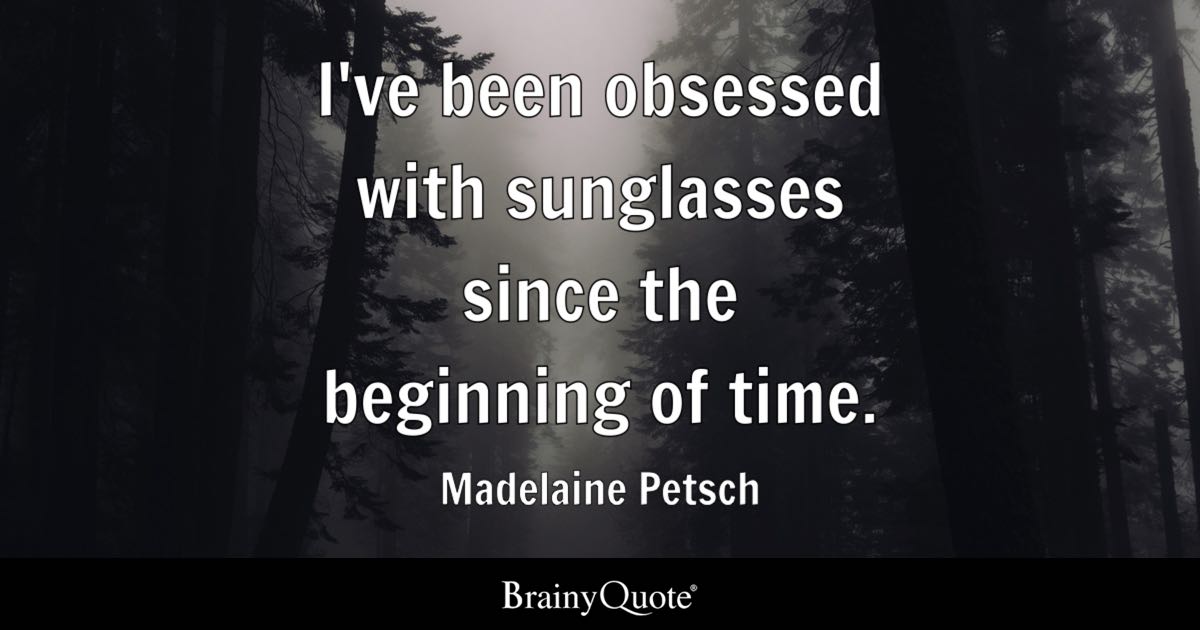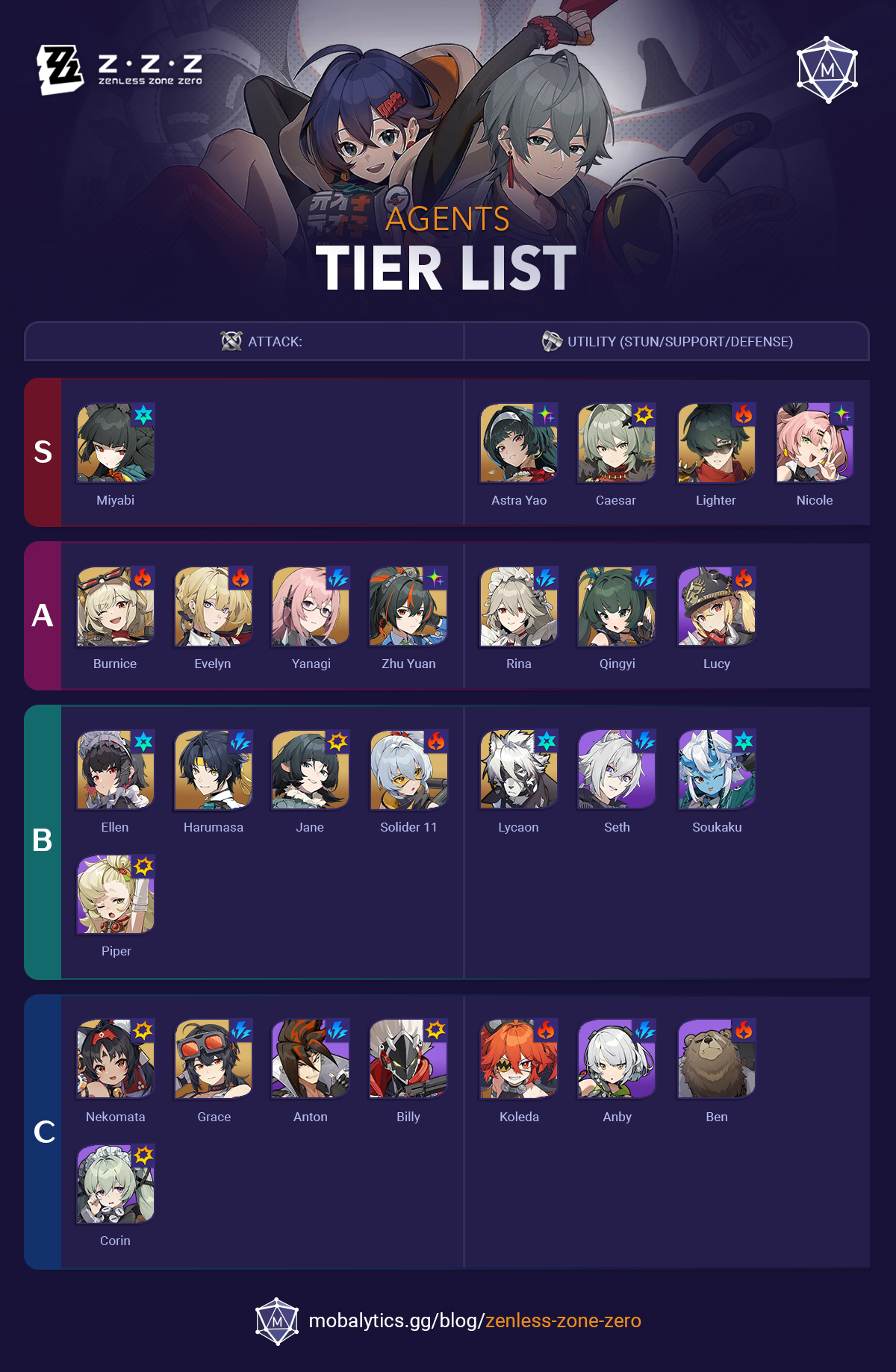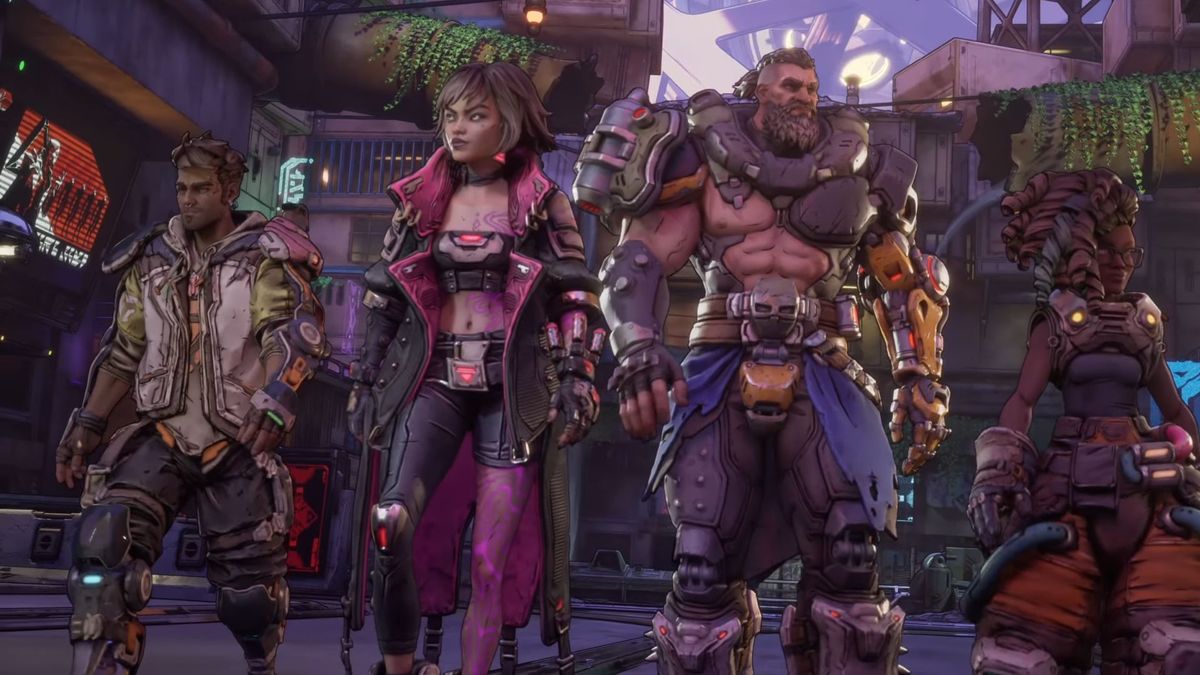For years, the gaming world has been graced with titles that leave a lasting impression on players. However, there’s one dialogue choice in an underappreciated Obsidian game that has captivated me for a decade: Pillars of Eternity’s profound moment where Zahua asks, “Are you real?” This simple question challenges the player’s sense of reality and has prompted me to dive deeper into the narrative significance of such moments.
Obsidian’s RPGs are known for their depth and player-driven stories, but this particular interaction goes beyond the usual expectations. It reflects a unique blend of character backstory, player agency, and thematic exploration that resonates with gamers long after they’ve finished playing.
Why is the dialogue choice in Pillars of Eternity so memorable?
Embedded in the heart of Pillars of Eternity is a dialogue choice that echoes the game’s rich lore and intricate character development. Zahua, a companion the players can recruit, presents this memorable line during a moment of existential crisis, encapsulating the game’s intricate themes of reality and perception.
Unlike other in-game interactions, this line stands out for its direct engagement with the player’s own sense of being. It’s not often that a game questions the player’s existence in such a raw and poignant manner. This unique dialogue moment has become a topic of discussion for its depth and the way it adds layers to the character of Zahua—a reflection of the game’s narrative strength.
The lasting impact of this line can be seen in the way fans continue to discuss and dissect its meaning. It goes beyond the pixels and programming, reaching into the player’s psyche and stirring a profound connection. This is indicative of Obsidian’s commitment to creating experiences that are as emotionally impactful as they are entertaining.
What makes Zahua’s question “Are you real?” stand out?
Among the vast array of dialogue choices available in RPGs, it is rare to find one that genuinely stirs a sense of introspection. Zahua’s question does just that, by blending philosophical inquiry with emotional depth. This line is not just memorable; it’s a poignant reminder of the blurred lines between fiction and reality.
- The question resonates because it is unexpectedly deep.
- It highlights Zahua’s character and his hallucinogenic background, adding layers to his persona.
- The question adds a sense of realism and relatability to the gaming experience.
It’s this blend of narrative ingenuity and character development that makes Zahua’s question a key moment in Pillars of Eternity. It prompts players to reflect on their choices and the game’s impact on their real-life perspectives.

Who wrote the iconic dialogue in Pillars of Eternity?
The man behind the memorable line is none other than Eric Fenstermaker, a former writer for Obsidian Entertainment. His ability to weave intricate stories and create profound moments of player interaction is showcased in this specific dialogue choice.
Fenstermaker’s work on Pillars of Eternity is a testament to his skillful writing and understanding of what makes a game’s narrative compelling. The dialogue he crafted for Zahua is remembered not just for its existential weight but also for its contribution to the evolution of dialogue writing in Obsidian games.
As a character, Zahua is a vessel through which Fenstermaker explores the depths of human consciousness and the RPG genre’s power to reflect complex themes. His writing has undoubtedly left a mark on the fabric of gaming culture.
How did Eric Fenstermaker create this dialogue moment?
Fenstermaker’s approach to writing dialogue is one that focuses on authenticity and player engagement. In creating this specific moment, he tapped into Zahua’s backstory, which is laced with themes of identity and hallucinatory experiences.
Understanding existential themes in video games was crucial in the development of this dialogue. Fenstermaker wanted to ensure that players faced not just a moral or strategic choice but a philosophical one that would resonate with them on a personal level.

The impact of this dialogue moment was magnified by its placement within the game’s narrative arc, coming at a time when players are deeply entrenched in the game’s world and emotionally invested in the characters they interact with.
What themes are explored through Zahua’s dialogue?
Zahua’s dialogue is a gateway to themes of reality, perception, and existence. It delves into the player’s agency in deciding what is real within the game’s world and challenges them to consider the nature of their own reality.
The themes explored in this dialogue are central to the human experience, making the interaction more than just another quest—it becomes a philosophical examination that stays with players well beyond the game.
Through this dialogue, Pillars of Eternity also touches on the concept of spirituality, bringing a seldom-explored aspect of human thought into the gaming world. This is a bold move in the realm of RPGs, where themes are often confined to more tangible, worldly concerns.
Furthermore, the humor and wit present in Fenstermaker’s writing add a layer of accessibility to these heavy themes, making them more palatable for the player and allowing for a broader range of emotional responses.

How does this dialogue enhance player agency in RPGs?
The significance of Zahua’s question lies in its ability to empower players to think critically about their decisions and their consequences, both in-game and in real life. By confronting players with such a deep and unexpected question, Obsidian enhances the role of player agency in RPGs.
It encourages players to consider the impact of their choices and the freedom they have within the game’s world to shape their own narrative. This dialogue choice is not just a crossroad in Zahua’s story; it’s a reflection of the player’s own agency.
Player agency in narrative-driven games is what drives the genre forward. It’s the player’s ability to influence the story that makes RPGs unique, and dialogue choices like this one demonstrate just how profound that influence can be.
Related questions about the impact of a single dialogue choice
Why does Obsidian not like romance?
Obsidian Entertainment’s approach to romance in their games is nuanced and not necessarily an aversion. They focus on developing deep, platonic relationships between characters to explore different facets of human interaction beyond romance.
The studio’s choices in narrative design reflect a preference for storytelling that allows players to engage with characters on multiple levels, including but not limited to romantic entanglements.

What game is Obsidian known for?
Obsidian is renowned for their role in creating several acclaimed RPGs, but they are perhaps best known for Fallout: New Vegas. This fan-favorite exemplifies their strength in narrative complexity and player-driven storytelling.
Their portfolio of influential games has cemented their reputation as masters of the RPG genre, with each title reflecting their commitment to crafting immersive and compelling narratives.
Is Avowed a first-person RPG from Obsidian Entertainment?
Yes, Avowed is an upcoming first-person RPG from Obsidian Entertainment. It promises to immerse players in a new fantasy world that builds on Obsidian’s legacy of rich storytelling and player engagement.
As with their previous titles, expectations are high for Avowed to deliver a narrative experience that is both deep and personal to the player.
What is the fantasy game made by Obsidian?
The fantasy game made by Obsidian that has garnered much attention is Pillars of Eternity. Its intricate world-building and profound narrative choices, such as the one in this article, have made it a standout title in the genre.

With Pillars of Eternity, Obsidian has crafted a fantasy epic that challenges players not just to experience a story, but to participate in shaping it.
I’ll leave you with a look at one of the community’s discussions on this very topic, captured in this insightful video:
 Deltarune’s Tenna was first envisioned in 3D almost a decade ago
Deltarune’s Tenna was first envisioned in 3D almost a decade ago


